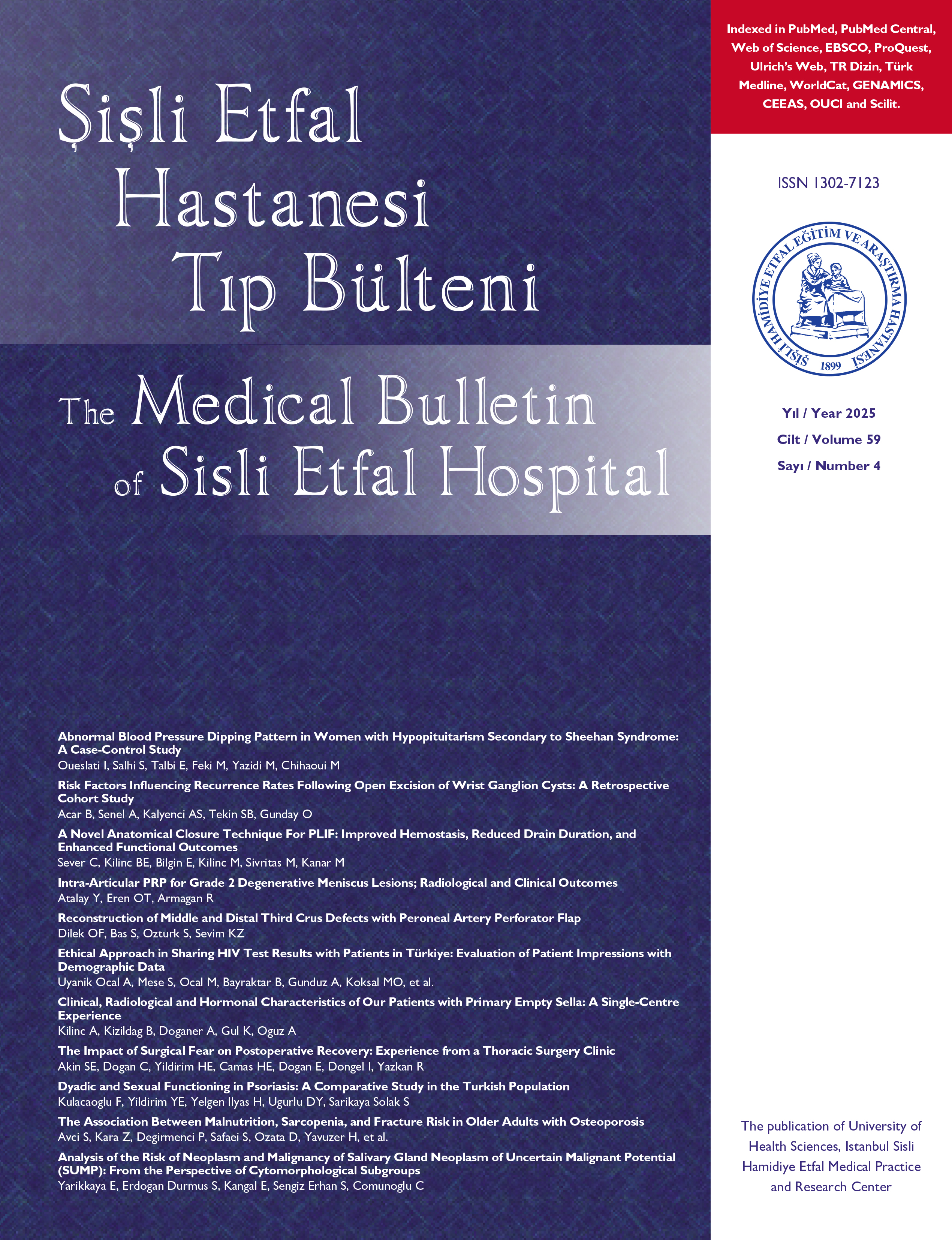
Approach Toward Diabetes Treatment in the Elderly
Yüksel AltuntaşDepartment of Endocrinology and Metabolism, University of Health Sciences Sisli Hamidiye Etfal Training and Resarch Hospital, Istanbul, TurkeyConcomitant diseases in elderly individuals with diabetes (renal failure, heart failure, ischemic heart disease, stroke, urinary incontinence, cognitive impairment, dementia, sarcopenia, and osteoporosis) make diabetes management difficult. Therefore, other comorbid conditions should be taken into account in elderly diabetics when considering a treatment approach. The use of oral antidiabetic agents in individuals older than 75 years may be limited. Although the diabetes treatment is not any different in healthy elderly patients, hypoglycemia is one of the most feared conditions, especially in the elderly. Therefore, metformin, DPP-IV inhibitors, and SGLT2 inhibitors should be considered in the first place with less risk of hypoglycemia. Low-dose sulfonylureas may also be used in selected cases. The use of new antidiabetic drugs, such as GLP-1 anologues and SGLT2 inhibitors, has strengthened our ability to cope with the risk of hypoglycemia and cardiovascular events, which are the two most important drawbacks in the treatment of elderly people with diabetes. Insulin treatment should be individualized, and the most rare injection regimens should be used. In case of failure of OAD, basal insulin should be added to the current treatment, and if necessary, a basal + plus regimen should be planned by adding bolus insulin 1/2/3 times per day to the meals. As a result, in elderly diabetics, an inadequate treatment or excessive treatment and individualizing the treatment should be the most appropriate approach.
Keywords: Antidiabetic therapy, diabetes; old age.
Approach Toward Diabetes Treatment in the Elderly
Yüksel AltuntaşDepartment of Endocrinology and Metabolism, University of Health Sciences Sisli Hamidiye Etfal Training and Resarch Hospital, Istanbul, TurkeyConcomitant diseases in elderly individuals with diabetes (renal failure, heart failure, ischemic heart disease, stroke, urinary incontinence, cognitive impairment, dementia, sarcopenia, and osteoporosis) make diabetes management difficult. Therefore, other comorbid conditions should be taken into account in elderly diabetics when considering a treatment approach. The use of oral antidiabetic agents in individuals older than 75 years may be limited. Although the diabetes treatment is not any different in healthy elderly patients, hypoglycemia is one of the most feared conditions, especially in the elderly. Therefore, metformin, DPP-IV inhibitors, and SGLT2 inhibitors should be considered in the first place with less risk of hypoglycemia. Low-dose sulfonylureas may also be used in selected cases. The use of new antidiabetic drugs, such as GLP-1 anologues and SGLT2 inhibitors, has strengthened our ability to cope with the risk of hypoglycemia and cardiovascular events, which are the two most important drawbacks in the treatment of elderly people with diabetes. Insulin treatment should be individualized, and the most rare injection regimens should be used. In case of failure of OAD, basal insulin should be added to the current treatment, and if necessary, a basal + plus regimen should be planned by adding bolus insulin 1/2/3 times per day to the meals. As a result, in elderly diabetics, an inadequate treatment or excessive treatment and individualizing the treatment should be the most appropriate approach.
Anahtar Kelimeler: Antidiabetic therapy, diabetes; old age.
Manuscript Language: English



















